By Will TodmanWhen my friend Jonas signed up for a cooking class in Vienna, Austria, he was struck by how differently the organizers viewed refugees. Organizations serving refugees that he’d volunteered with before seemed to adopt a paternalistic attitude toward them, often depicting them as victims. But the classes with KAMA were different. Refugees were valued for their skills. They led classes on art, cooking and dance. They were sharing parts of their past, but also expressing their hopes and dreams for the future. In the process, they created ties with people in their new communities who they might not have met otherwise. Critically, those people expressed an eagerness to learn from immigrant teachers. KAMA is a German acronym which roughly translates as “classes taught by asylum seekers, migrants and those who have been granted asylum.” It started in Vienna, but soon spread across several cities in Austria. Jonas went on to co-found KAMA Dresden in Germany and then proposed the idea of replicating the model in D.C. with me. We’d taken a class on refugees in the Arab world together as graduate students and were both confident we knew others who’d be interested in creating an organization like KAMA in DC. We held the first meeting in a church office in Shaw five years ago, with thirty people gathered to explore the feasibility of starting the organization. From this gathering, about 10 of us decided to give it a go. Among the team was a Syrian translator, a French rocket scientist, a Venezuelan artist, a lawyer, a diplomat, two analysts and a student. Our first step was scoping organizations already working with immigrants in the area. We didn’t know if something similar already existed, and we also knew that the refugee resettlement process is very different in the United States from Western Europe and didn’t want to place even more burden on refugees. After speaking with more than 60 organizations in the DMV area who expressed positive views on the potential of KAMA DC, we went for it. Although the name KAMA doesn’t have meaning in English, we wanted to maintain our link to the idea that began in Europe. Since its inception, volunteers for KAMA DC have met once a week to organize classes, conduct community outreach and advertise what we do. We wanted to create a collaborative spirit, so we made decisions by consensus and encouraged everyone to contribute when they could. In December 2016, we held our first class – a community organizing class taught by Vandalark Patricks, a human rights activist from Liberia. Soon after that, we held an Afro-Venezuelan dance class, a Kurdish language and culture class and a workshop on writing for resilience. It was immediately clear that we were onto something by highlighting the skills of immigrant communities in the area. Word started to spread about what we were doing, and people started reaching out to us and expressing their enthusiasm for having a platform to share their skills. When some people asked if they could share their stories through KAMA rather than teaching a class, our immigrant storytelling night was born. We were extremely fortunate to find a home in Lapop, the bar under Lapis in Adams Morgan. Our storytelling nights quickly became the most popular event we held, and we even had to set up waitlists for tickets. As our team and the scope of our activities grew, we decided to formalize KAMA DC, incorporate it as an organization and then apply for non-profit status. We worked with Georgetown Law Center’s non-profit legal clinic, and two law students completed our application. We also decided to formalize our volunteer structure as we realized that our style of making decisions by consensus had started to hold back our growth. We divided volunteers into three teams – classes, storytelling and promotions – and found that we could increase our programming significantly. In 2018, we held our first film screening, first panel discussion, attended festivals and forged new partnerships with businesses and organizations in the area. When the pandemic hit, we knew that some people in immigrant communities would be especially vulnerable. We came up with a list of resources to help those who might be struggling and checked in on our past teachers and storytellers. We paused our events as well – we couldn’t do anything in person and were wary of asking too much of people during such a difficult time when Zoom fatigue was setting in. But it quickly became apparent that moving things online created new opportunities. Since the pandemic began, we have held cooking classes, a makeup tutorial, literature workshops, storytelling nights, panel discussions, film screenings and more virtually. In 2020, we nearly doubled the number of people who took part in our classes or attended storytelling nights. We also began a new Instagram initiative – Immigrants of the DMV – which has since gained over 1,000 followers. Every Sunday, someone from an immigrant community who lives in the DMV area takes over the account and shares whatever they want. Some share their favorite places in D.C., some share photos of their lives before they moved to the United States, others describe challenges they have overcome since moving here. We also launched this KAMA Blog in February this year as well as the first series of our Journeys podcast in May. I’m proud that KAMA DC now serves as a platform for immigrants living in the area to share their skills and stories. People can teach classes with us, participate in storytelling nights, take over Immigrants of the DMV on Instagram or share their story on our podcast or blog. We’ve worked with immigrants from more than 40 countries around the world, and more than 2,000 people have participated in the 60+ events that we’ve held. All of this is possible because of the 24 volunteers who devote their time to KAMA every week. As the city reopens, KAMA DC is entering an exciting new phase. Not only are we thrilled to begin holding in-person events again, but we’re also growing our team by taking on some phenomenally talented new volunteers. We can’t wait to see what the future holds! ABOUT THE AUTHOR
0 Comments
|
Details
AuthorKAMA DC provides a platform for immigrants to teach classes and share stories based on their skills and passions. Archives
October 2022
Categories |

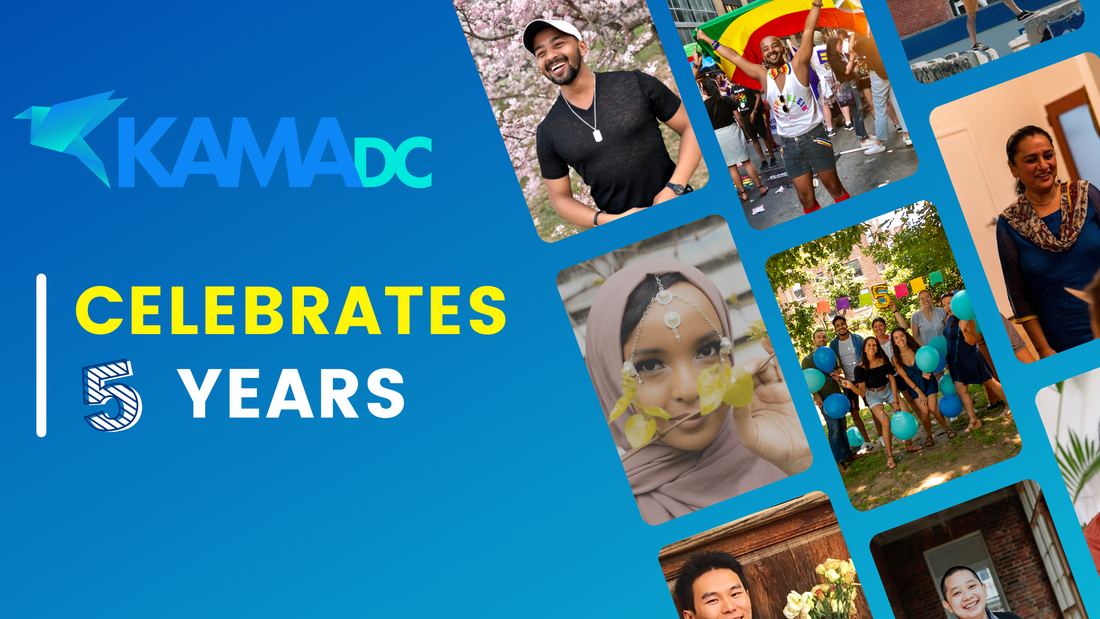
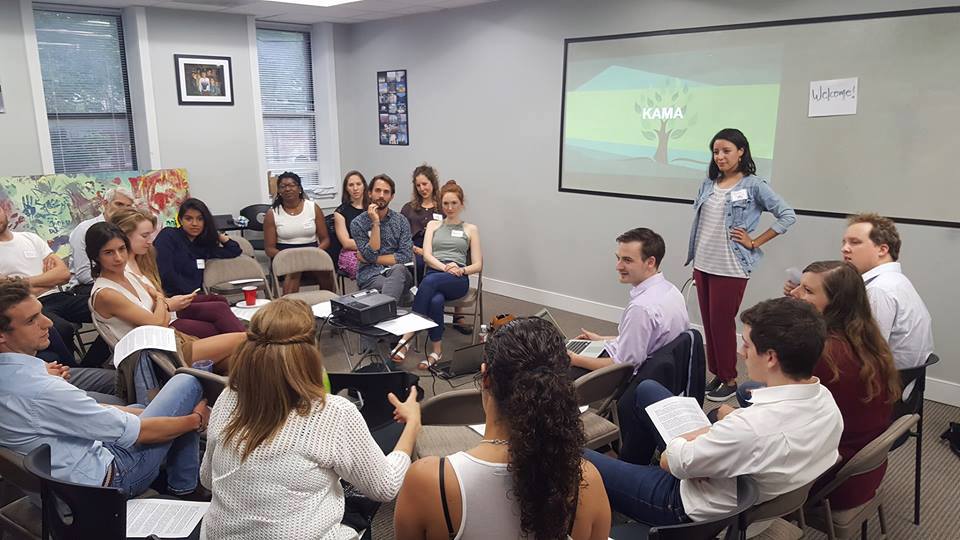
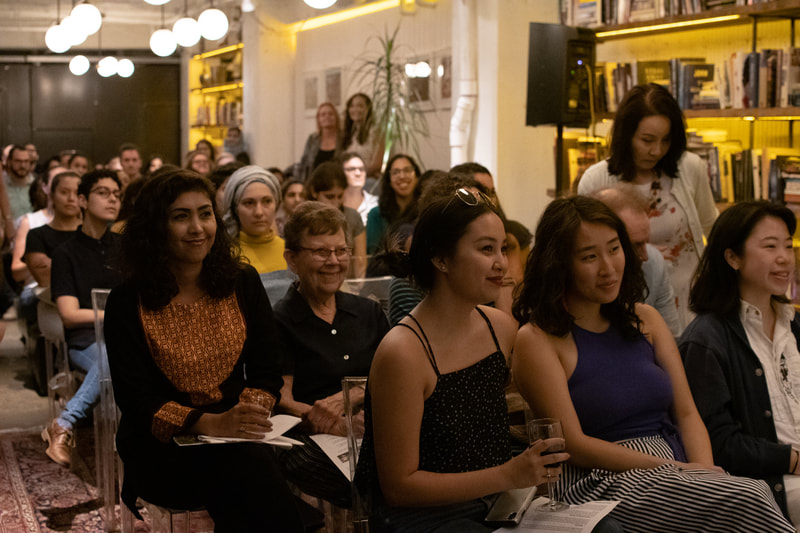
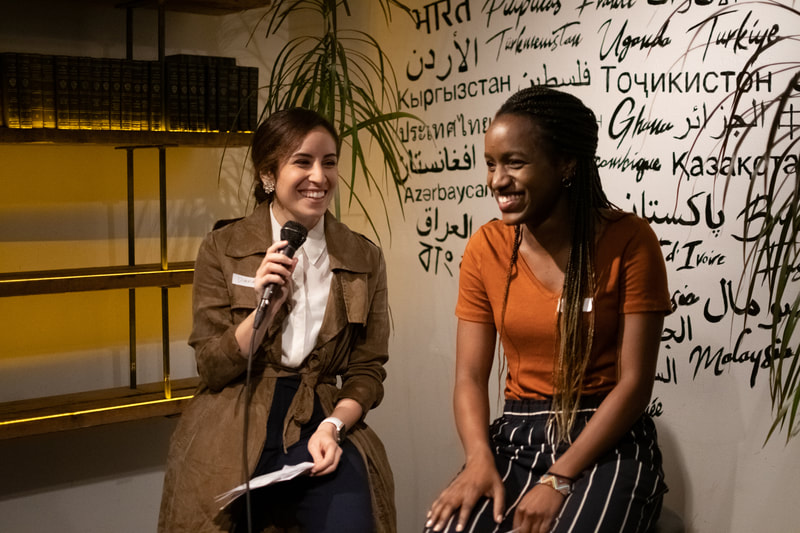
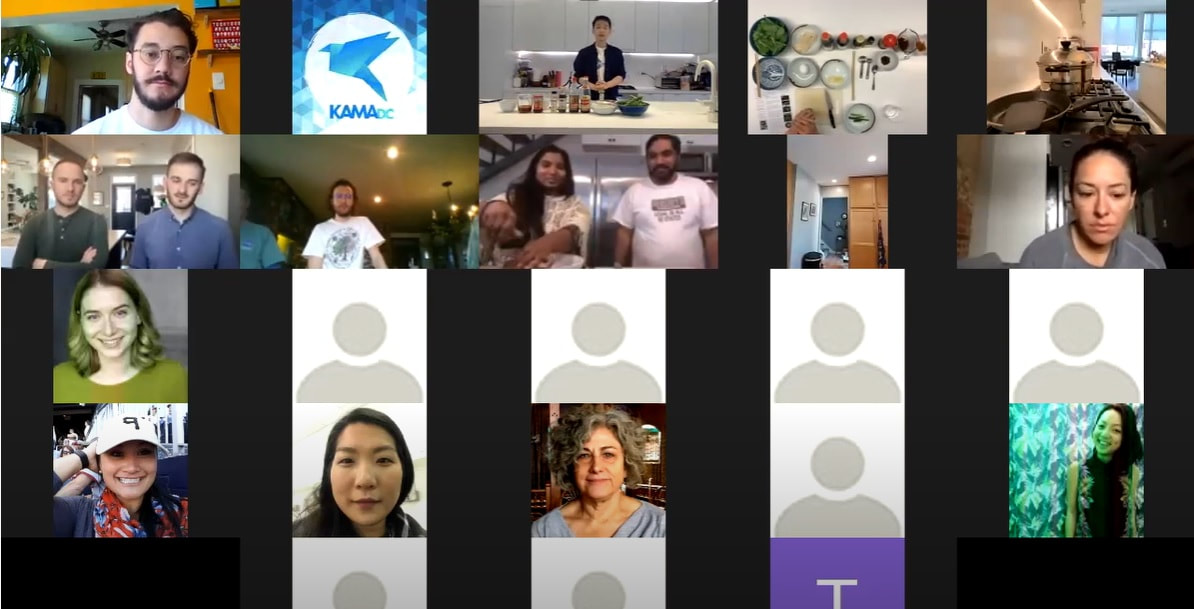
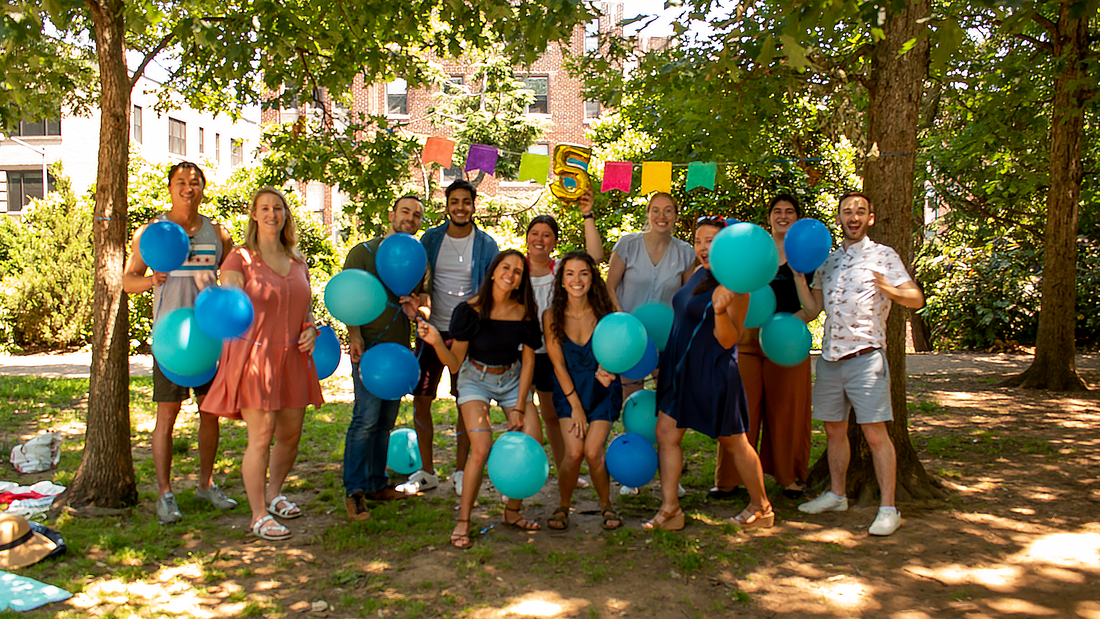
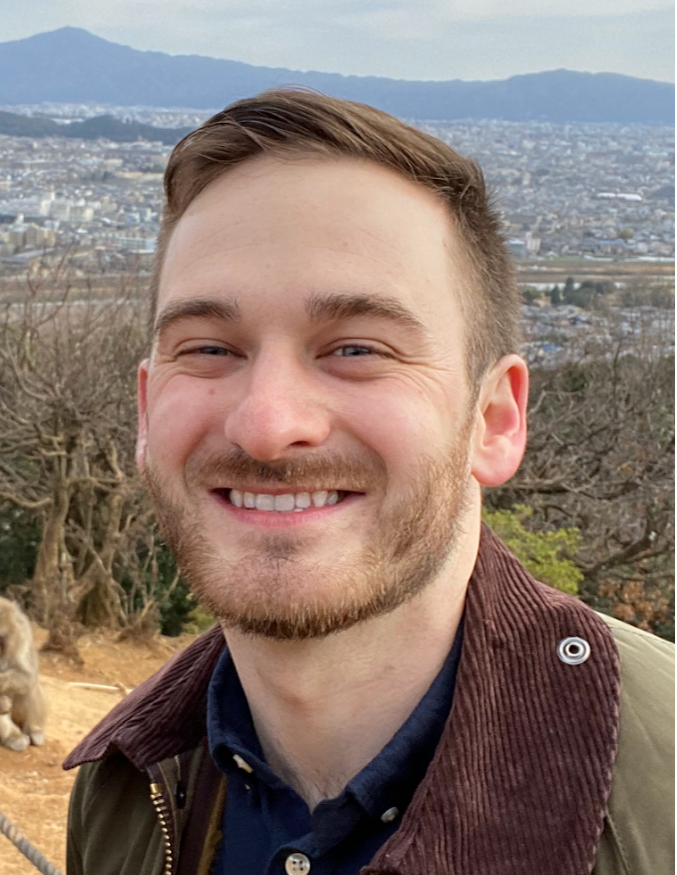
 RSS Feed
RSS Feed